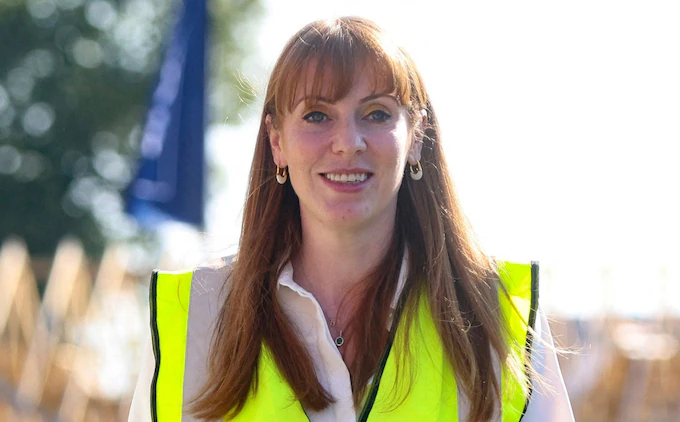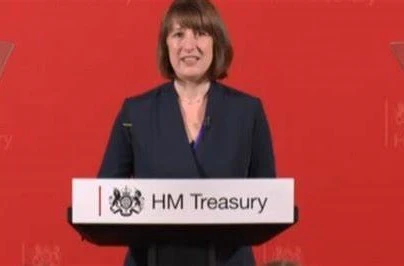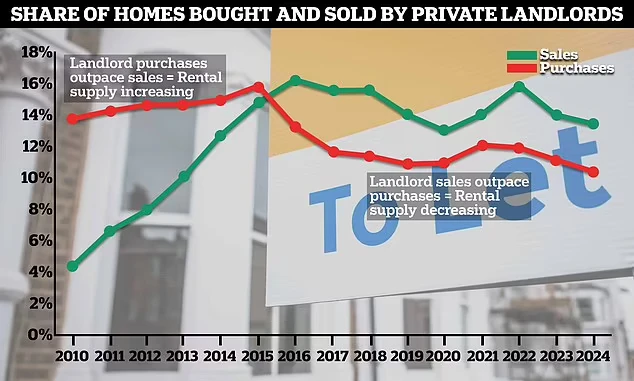
Navigating the property market can feel overwhelming, but with the right strategy, it’s possible to make confident decisions. I have a lot of expertise in this area, having worked in property for so long, and I’m always looking to share my knowledge. Today, let’s discuss how mortgages work in the UK, an essential subject for anyone thinking about buying a home.
When you’re searching for homes in the UK, understanding mortgages is fundamental. A mortgage is essentially a loan taken out to buy property, which you then repay over a set period, typically 25 to 30 years, with interest. The property itself serves as security for the loan. If you fail to make repayments, the lender could repossess your home.
The first step in securing a mortgage is often getting a ‘mortgage in principle’ (MIP) or ‘agreement in principle’ (AIP). This is an estimate from a lender calculating how much they might lend you, based on a brief assessment of your finances. It’s not a formal offer, but it shows sellers and estate agents that you’re a serious buyer. When applying for an MIP, lenders will look at several factors, including your income, outgoings, credit history, and the size of your deposit.
Speaking of deposits, this is the amount of money you put down upfront towards the purchase of a property. The larger your deposit, the less you’ll need to borrow, which can lead to lower interest rates and smaller monthly repayments. Typically, deposits range from 5% to 20% or more of the property’s purchase price. For instance, if you’re buying a £200,000 home with a 10% deposit, you’ll need £20,000 upfront, and your mortgage would be £180,000.
There are various types of mortgages available in the UK, and understanding the differences is key to choosing the right one for your circumstances. The two most common types are:
- Repayment Mortgages: With a repayment mortgage, your monthly payments consist of both interest and a portion of the capital borrowed. Over the mortgage term, as long as you make all your payments, you are guaranteed to have paid off the entire loan by the end. This provides certainty and gradually builds your equity in the property.
- Interest-Only Mortgages: As the name suggests, with an interest-only mortgage, your monthly payments only cover the interest on the loan. The original capital amount remains outstanding, and you will need to pay this back at the end of the mortgage term through a separate repayment vehicle, such as an investment or sale of another asset. These are less common for residential properties now and are often used by landlords or those with specific financial strategies.
Beyond these fundamental types, you may also encounter different interest rate structures like these:
- Fixed-Rate Mortgages: The interest rate on your mortgage remains the same for a set period, usually 2, 3, 5 or 10 years. This offers stability and predictability in your monthly repayments, protecting you from interest rate fluctuations during the fixed term. However, if interest rates fall, you won’t benefit from the decrease.
- Variable-Rate Mortgages: The interest rate can go up or down, typically tracking the Bank of England base rate. This means your monthly payments can change. While you might benefit from lower payments if interest rates fall, you also risk higher payments if they rise. Within variable rates, you might find:
- Tracker Mortgages: These directly track a specific interest rate, usually the Bank of England base rate, plus a set percentage.
- Standard Variable Rate (SVR): This is the default rate your mortgage will revert to after a fixed or tracker deal ends. It’s set by your lender and can change at their discretion. SVRs are often higher than initial deal rates.
When applying for a mortgage, lenders conduct a thorough affordability assessment. They want to ensure you can comfortably afford your repayments, not just now but also if interest rates were to rise. They’ll scrutinise your income, outgoings (including existing debts, living costs, and childcare), and your credit score. A strong credit history, demonstrating responsible borrowing and repayment, is crucial.
The mortgage application process can involve several stages: gathering documents like payslips, bank statements and utility bills; valuation of the property to ensure it’s worth the amount you’re borrowing; and legal work carried out by solicitors. It’s a significant financial commitment, so taking your time, researching thoroughly, and seeking professional advice is paramount.
If you’d like to know more, let’s connect. I’d be happy to explore how I can help you with your property journey. Whether you’re considering a rental home search or need expert guidance from estate search agents to find your next property, feel free to send me a message. I’m always open to sharing my expertise.



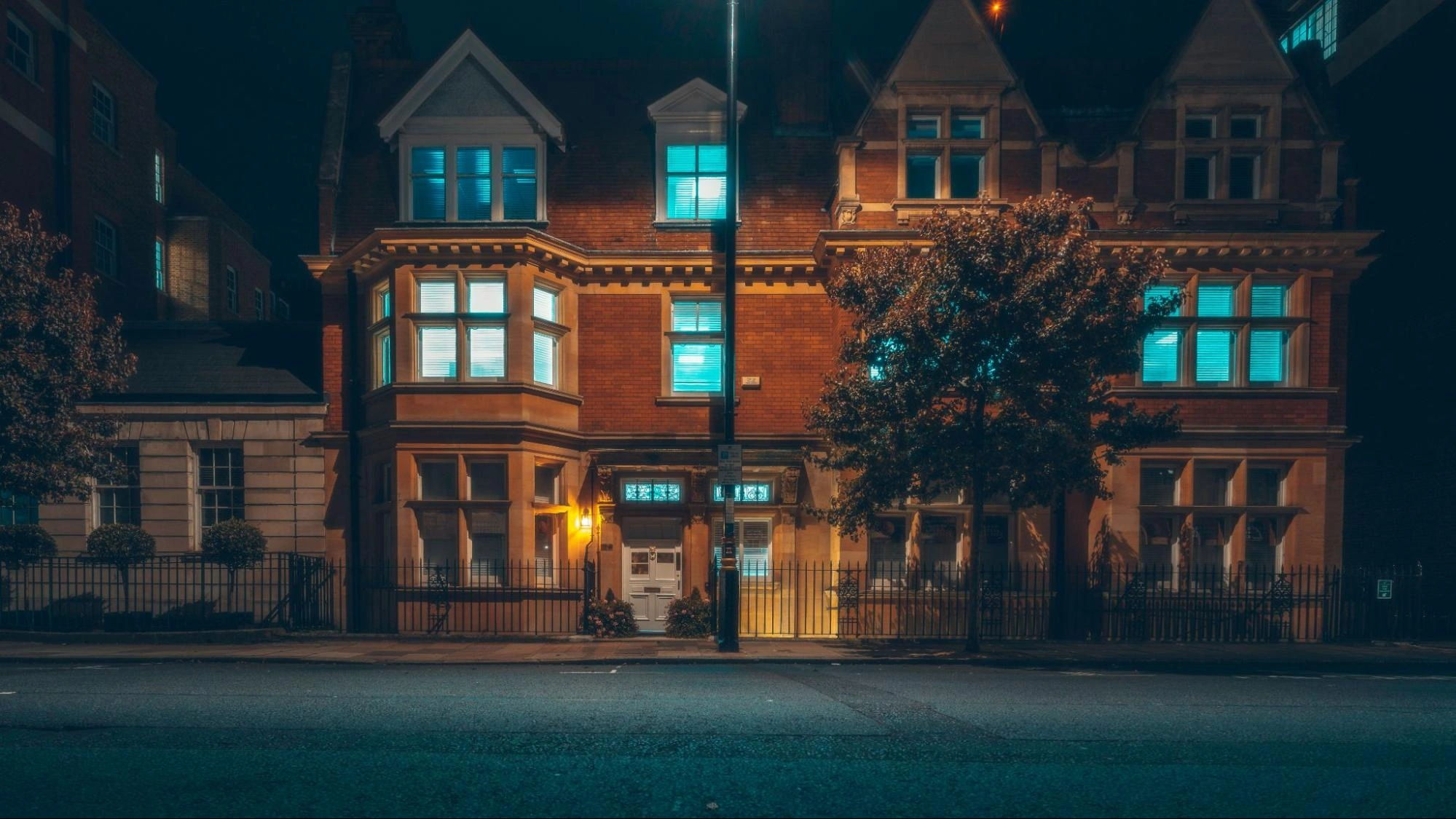
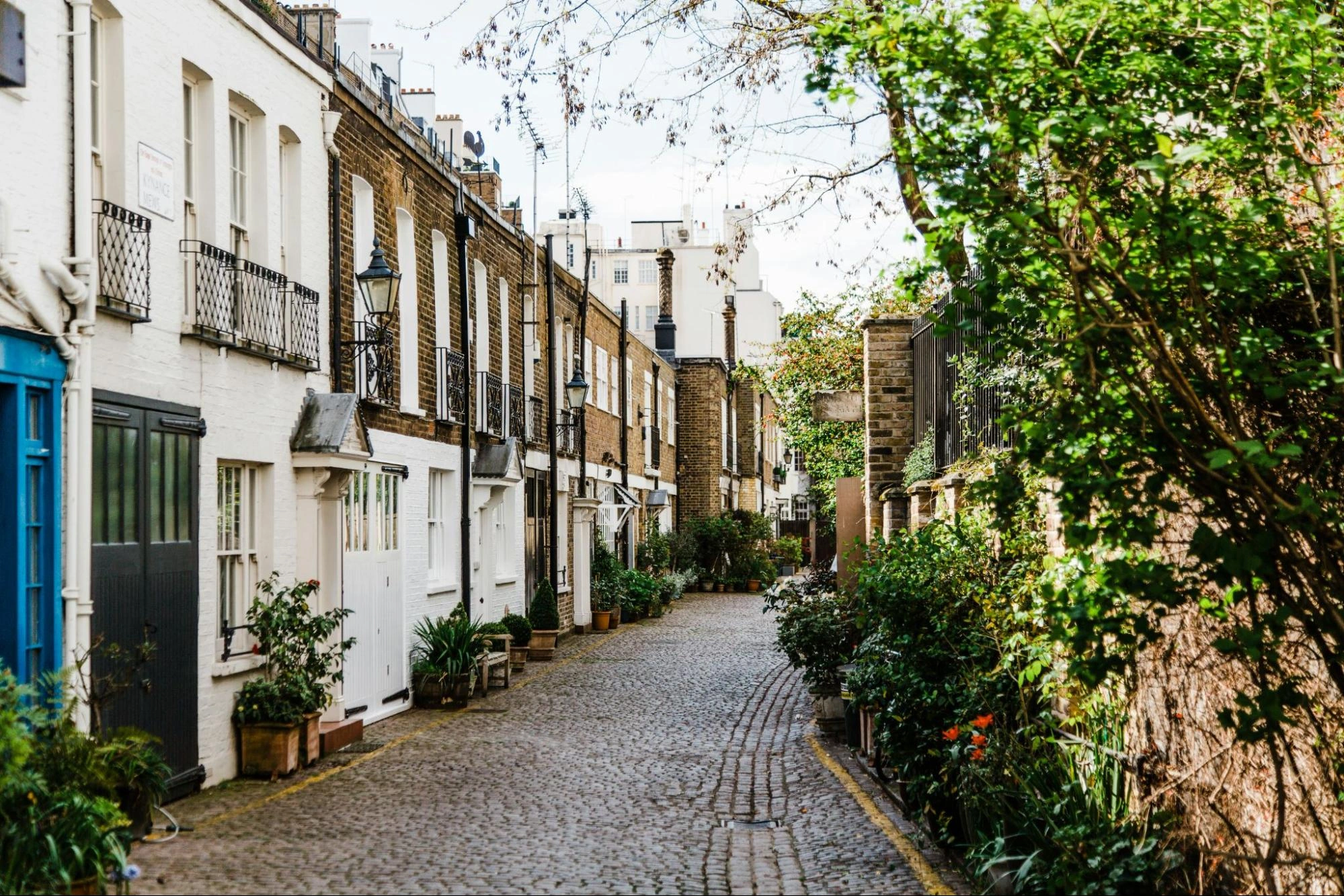 Common Challenges When You Buy Property in London
Common Challenges When You Buy Property in London